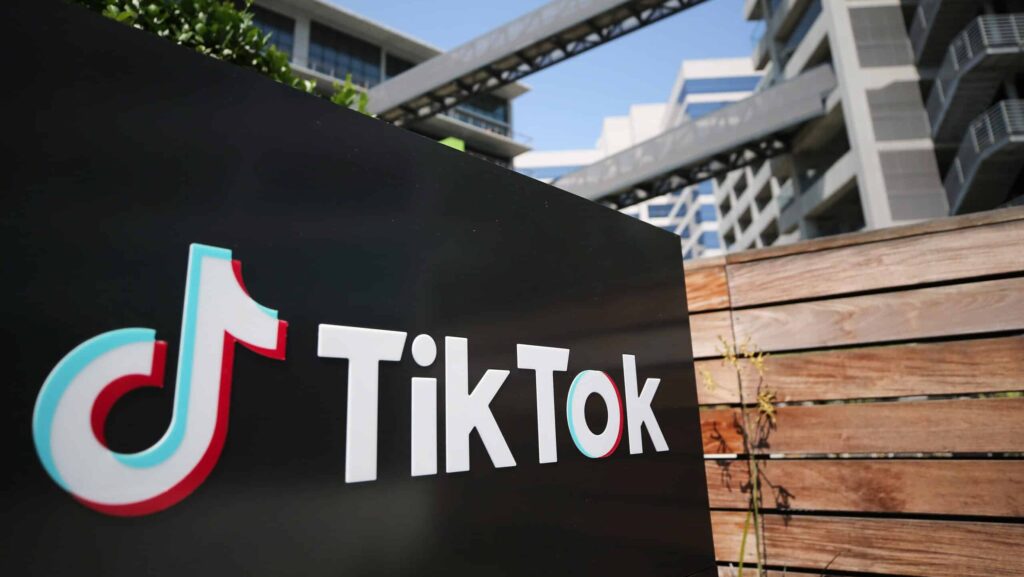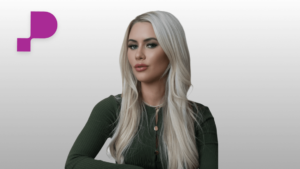TikTok has asked the U.S. Supreme Court to intervene in a legal battle that could force the popular video-sharing app to shut down in the United States next month. In a petition filed this week, TikTok requested a temporary injunction to block a federal ban set to take effect on January 19, 2024, arguing that the law threatening the app’s closure violates constitutional rights and lacks legal justification.
The petition seeks a review of the Protecting Americans from Foreign Adversary Controlled Applications Act, which TikTok argues is an unconstitutional speech restriction. TikTok further requested that the court issue an administrative injunction delaying enforcement of the law until after the inauguration of President-elect Donald Trump, claiming that this would provide an opportunity for the new administration to pause or reconsider the ban.
TikTok’s legal team pointed out that if the ban were to go into effect on January 19, it could be reversed just a day later or soon thereafter when Trump assumes office. “There is a reasonable possibility that the new Administration will pause enforcement of the Act or otherwise seek to mitigate its most severe potential consequences,” TikTok’s petition stated. The company emphasized that Trump had previously promised to “save TikTok” during his campaign, and his incoming national security adviser has argued that the U.S. should “absolutely” allow Americans access to the app.
Additionally, Trump’s nominee for Health Secretary, Robert F. Kennedy Jr., has independently challenged the ban in court, TikTok pointed out, further strengthening its argument that the political landscape could shift following the new administration’s arrival.
A Potential ‘Slippery Slope’ for Free Speech
At the heart of TikTok’s argument is the claim that the ban represents an unprecedented threat to free speech. The company insists that the law, which would either force the app’s sale to a U.S. owner or lead to its complete shutdown, is an extreme form of government censorship. TikTok has repeatedly stated that it does not operate in mainland China and is only partially owned by one of its founders, Zhang Yiming, a Chinese national who resides in Singapore.
TikTok’s legal team warned that upholding the ban could set a dangerous precedent, allowing the government to target other platforms or forms of expression by citing foreign influence, even without concrete evidence of harm. The company argued that the U.S. government’s defense of the ban, which claims TikTok is susceptible to covert manipulation by the Chinese government, is a fabricated excuse for broader censorship. If the lower court’s ruling stands, TikTok contended, Congress could easily extend the logic of national security concerns to justify sweeping restrictions on free speech, not just on TikTok, but across other platforms as well.
TikTok also criticized the government’s reliance on “secret evidence” to justify its claims of foreign influence. The company suggested that the lower courts accepted these national security assertions without demanding sufficient evidence to back up the government’s claims. TikTok argued that if the Supreme Court agrees that the government must provide more than “bare factual assertions” to justify the ban, it could lead to a reversal of the lower court’s decision.
ADVERTISEMENT
Urgency of Supreme Court Intervention
The deadline for the potential shutdown is fast approaching, and TikTok has warned that if the ban goes into effect, it could have severe and irreversible consequences for the millions of U.S. users who rely on the app for communication, news, and even income. TikTok emphasized that the app’s large user base — including creators who use the platform to generate revenue — would face “extreme” harms if the shutdown occurs. A temporary injunction, the company argues, would prevent these consequences and provide time for the new administration to weigh in on the issue.
TikTok has also raised concerns that the ban is impractical to enforce in the short timeframe provided. A forced sale to a U.S. owner, the company argued, would be technically and legally impossible under the current circumstances, and an immediate shutdown would cause irreparable damage to both the app and its users. In addition to these points, TikTok stressed that the incoming administration has expressed support for saving the app, making it all the more crucial to delay enforcement.
A Broader Debate Over National Security and Censorship
The case has sparked a broader debate over national security and the power of the government to regulate digital platforms. While supporters of the ban argue that TikTok poses a security threat due to its ownership structure and potential ties to the Chinese government, critics warn that such actions set a troubling precedent for restricting speech and controlling information in the U.S.
TikTok has long maintained that it takes user privacy seriously and has repeatedly denied accusations that it allows the Chinese government to access American users’ data. The company has made efforts to demonstrate its commitment to transparency and security, including plans to store American data on U.S. servers and hire an independent security expert to oversee its operations in the country.
For now, all eyes are on the U.S. Supreme Court to determine whether it will step in to block the ban and review the constitutionality of the Protecting Americans from Foreign Adversary Controlled Applications Act. TikTok’s petition has added urgency to the case, as the January 6 deadline approaches, signaling that a resolution may be imminent.
As the legal battle over TikTok’s future in the U.S. intensifies, the company has made a bold appeal to the Supreme Court, asking for a temporary delay in enforcement and a review of the law’s constitutionality. With millions of American users and a highly anticipated change in administration, the outcome of this case could have far-reaching implications for the app and the broader conversation about government regulation of digital platforms. Whether or not the Court agrees to intervene, TikTok’s fate in the U.S. is now in the hands of the highest judicial authority.
ADVERTISEMENT









